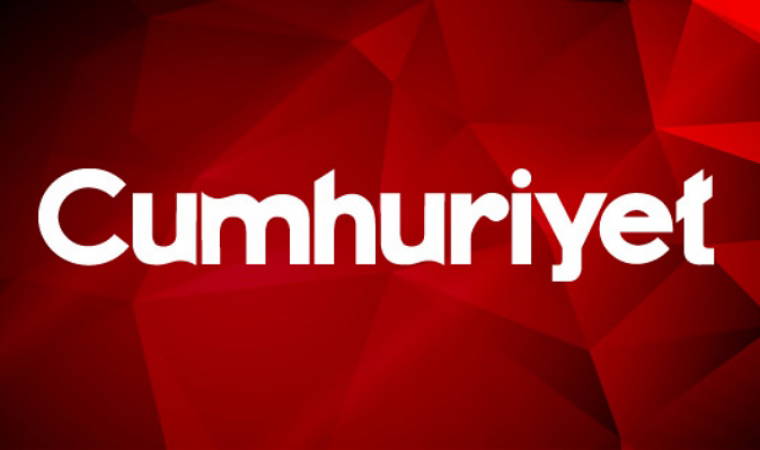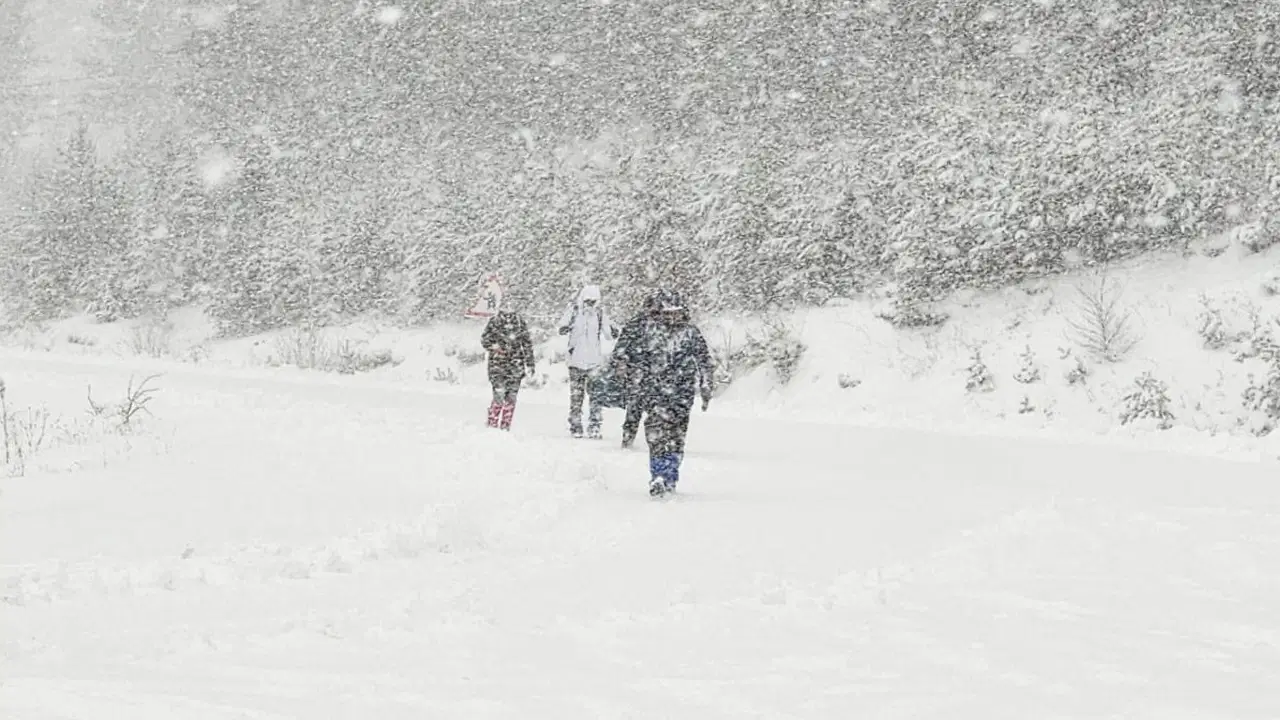The single-man system and coalition are not well regarded in the base. AKP supporters who are so minded say the most important promise in the referendum was for there to be no more coalitions and interpret the alliance with the MHP as being a coalition.
Erdem Gül
With the framework created for the alliance at yesterday’s meeting between AKP General Chair and President Tayyip Erdoğan and MHP General Chair Devlet Bahçeli, polls are speaking of “silence out in the field.” Analysis points to the existence of “concerned but silent” groups among AKP voters.
With the AKP-MHP alliance having taken final shape, eyes have turned to the parties’ share of the vote. However, given the requirement for 50 per cent+1 this time round, interest is focusing on the total share of the vote that the blocks comprising the pro-yes and pro-no parties will get, rather than the parties individually. Pollsters’ findings point to a continuation to a large extent of the 50 per cent – 50 per cent split between yes-no in the 16 April referendum. This is why both Erdoğan and CHP General Chair Kemal Kılıçdaroğlu have proclaimed their targets to be 60 per cent.
Mehmet Ali Kulat, CEO of the MAK Consultancy company that inter alia conducts polls for the AKP, gave Cumhuriyet a rundown of how the alliance process, the parties’ standing and the election-related situation in the field stack up in the measurements they have made.
Silence: The AKP is maintaining its share of the vote in the forties per cent. However it was close to fifty per cent before the referendum. Even though the MHP was included in the “yes” block, they only scraped past fifty per cent. Current readings put the MHP at around seven per cent. We are thus talking about a knife-edge situation. A similar silence is observable among the AKP electorate and base. This is most clearly visible among the commercially engaged business community. Business people cannot give replies to such questions that will fall foul of the government, even if their political preferences are of a different nature. They state their preference as being for the ruling party. Well-educated circles in the big cities, in turn, make up another significant silent group. Especially these groups that we can call “silent” have certain concerns.
“But there weren’t going to be coalitions”: Concerns are expressed when we pose more detailed questions to the AKP base and electorate that we call “silent”. The most serious of these concerns is over the alliance made with the MHP. The most important promise in the referendum was that of “no more coalitions.” There are those who now think that the alliance with the MHP reneges on this promise. There are those who express their concerns by saying, “But there weren’t going to be coalitions. A coalition has effectively been formed with the MHP.” Worries over the single-man system are also visible among the base and electorate. There are those who consent to criticism about a single man as events have unfolded following the referendum.
Municipality operations: A further point is the removal from office of mayors. One after another, the metropolitan mayors in the most important cities were removed from office in the AKP. “Metal fatigue” has not come as a sufficiently convincing explanation. These removals from office do not actually appear to have been sufficiently well explained. In polls, corruption appears as the reason for the removals from office seventy per cent of the time.
The electorate puts these removals from office down to corruption. The people who have taken over from those dismissed are not sufficiently well known, either. The new mayor in Ankara has a degree of recognition, but the one in Istanbul is fully unknown. This is a serious handicap in the run-up to the local elections.
Silence in the HDP: Among the HDP electorate we observe a certain degree of silence and reluctance to express a preference, especially in the South-East. I myself took part in the polls in the South-East. As opposed to times when the solution process and ensuing hope were continuing, a certain portion of the HDP electorate visibly refrains from explicitly stating their preference. The HDP is hovering just below the threshold, but is likely to cross the threshold if the new phenomenon of the silent voters cast their votes.
The CHP’s candidate is important: The CHP is currently, along with the AKP, one of the two parties that has no threshold problem. It has around a 22 per cent share of the vote in polls before the “don’t knows” are distributed. However, given its standing as the “no” front’s flagship, it is not the CHP’s own share that counts, but the kind of candidate it will field in the presidential election. The chance of getting 50 per cent+1 depends on the candidate the CHP fields. Especially with reference to the second round.
Akşener had to hurry: The İYİ Party has above a six per cent share of the vote. However, the İYİ Party’s basic strength will become visible in the presidential election, because, at the moment, Meral Akşener has had to act in a great hurry.
She has been unable to make sufficient preparations. Out of the concern of her party being excluded from the election, she set up the organisation quickly and held the congresses quickly. She has been unable to additionally make her voice heard and promote her party sufficiently well. I think that the elections will be held at their normal time, but the date of 15 July to which Akşener makes constant reference sits as a card in the hand.
Coalition woes in the AKP base
Data from the MAK Consultancy company that conducts polls for the AKP point to the existence of a concerned but silent group in the AKP, consisting especially of business people and the well-educated.
19.02.2018 13:03:00
Güncellenme:















